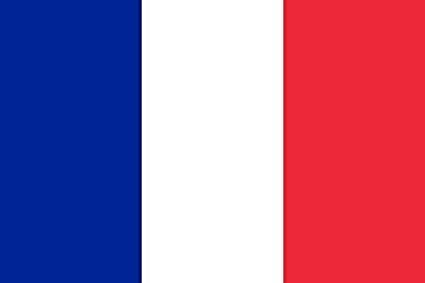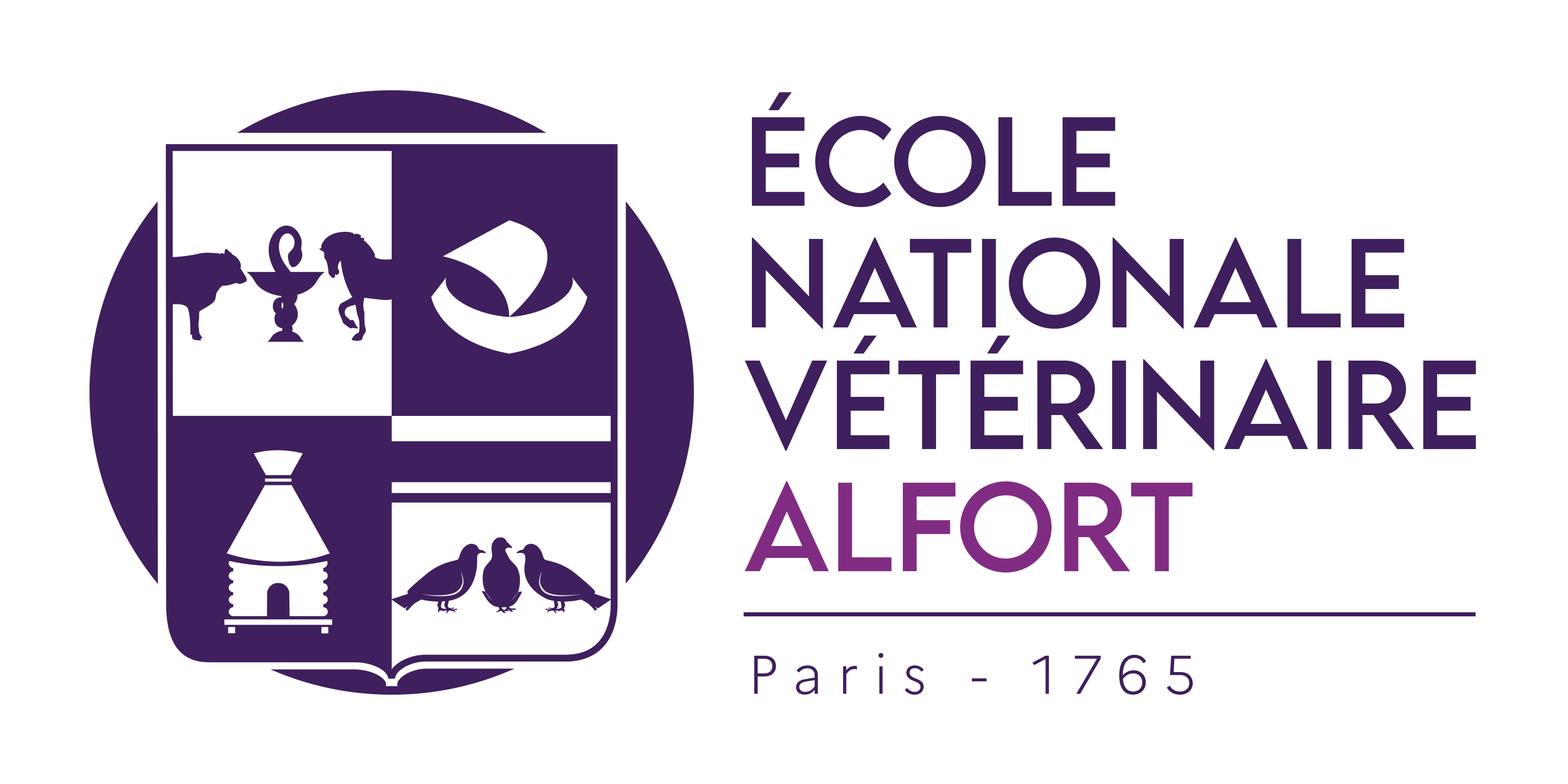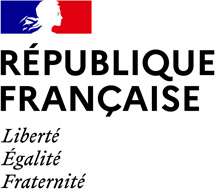
• Je suis en terminale (ou équivalent) dans un lycée à l’étranger et je veux intégrer une école vétérinaire Française.
L’entrée dans les écoles vétérinaires françaises a lieu à Bac+2 ou Bac+3. À partir de 2021, 40 places par École nationale vétérinaire seront proposées via Parcoursup, juste après le Bac, et un concours dédié.
Sept voies de concours seront proposées à partir de 2021.
>>> En savoir + sur les voies d'accès
>>> En savoir + sur la voie post-Bac
>>> Site internet du service des concours agronomiques et vétérinaires
Le site de Parcoursup vous indique comment procéder pour postuler à une première année de l’enseignement supérieur.
• Je suis étudiant vétérinaire dans une faculté ou une école vétérinaire à l’étranger depuis un à trois ans, et je souhaite poursuivre ma formation à l’EnvA.
L’entrée dans les écoles vétérinaires françaises a lieu à Bac+2 ou Bac+3. Il faut donc que vous fassiez reconnaître la formation suivie à l’étranger ; cela vous indiquera à quelle voie du concours d’entrée aux écoles vétérinaires françaises vous pouvez vous présenter.
• Je suis étudiant vétérinaire dans une faculté ou une école vétérinaire à l’étranger depuis quatre ans ou plus, et je souhaite terminer ma formation à l’EnvA.
Il n’est pas possible d’intégrer l’EnvA en cours de formation vétérinaire.
Si votre établissement actuel a une convention avec l’EnvA (tous les établissements partenaires ici), vous pouvez effectuer un stage (2 mois maximum) ou une période d’études (3 à 10 mois maximum) à l’EnvA. Cet enseignement pourra être reconnu par votre établissement d’origine, mais il ne vous donnera pas un diplôme de l’EnvA.
Si votre établissement n’a pas de convention avec l’EnvA, vous pouvez postuler pour un stage (2 mois maximum) ; la priorité étant donnée aux étudiants des établissements partenaires, vous pourrez obtenir ce stage s’il reste des places sur la période demandée.
• Je suis en dernière année de formation dans une faculté ou une école vétérinaire étrangère ou je suis titulaire d’un diplôme de docteur vétérinaire ou équivalent et je souhaite faire un internat à l’EnvA.
• Je suis en dernière année de formation dans une faculté ou une école vétérinaire étrangère et je souhaite compléter ma formation clinique à l’EnvA sur la période juillet-août.
Pendant la période estivale, l’EnvA propose un programme de formation clinique de deux à six semaines au sein de son centre hospitalier universitaire vétérinaire. Les étudiants sont accueillis au sein des différents services de l'hôpital des animaux de compagnie ou des équidés.
>>> En savoir +
• Je suis vétérinaire diplômé d’une faculté ou d’une école vétérinaire étrangère, et je souhaite obtenir un diplôme de l’EnvA pour pouvoir exercer en France.
Celui-ci est géré par Oniris (École nationale vétérinaire de Nantes).
>>> Toutes les informations ici
• Je suis vétérinaire diplômé d’une faculté ou d’une école vétérinaire étrangère, et je souhaite compléter ma formation à l’EnvA.
Pour les vétérinaires diplômés, l’EnvA propose des formations continues diplômantes ou qualifiantes. Certaines sont ouvertes aux vétérinaires étrangers.
>>> Consultez le catalogue des formations
Attention : ces formations ne donnent en aucun cas le droit de pratiquer la médecine vétérinaire en France si vous n’êtes pas titulaire d’un diplôme de vétérinaire européen.

The constitution states that "the French language is a fundamental element of the personality and heritage of France. It is the language of education, work, exchanges and public services".
For veterinary training, application forms, exams, theoretical and practical courses are exclusively conducted in French. The curriculum is very selective, and it is impossible to succeed without a B2 level of proficiency in French.
>>> download the presentation brochure of the school
• I'm in my final year of high school (or equivalent) in a high school abroad and I want to join a French veterinary school
Entrance to French veterinary schools is at Bac+2 or Bac+3. From 2021, 40 places per National Veterinary School will be offered via Parcoursup, just after Bac, and a dedicated competition.
Seven competitive entrance examinations will be offered from 2021.
>>> Find out more about access routes
>>> Learn more about the post-Bac way
>>> Website of the agronomic and veterinary competitions service
The Parcoursup website tells you how to apply for a first year of higher education.
• I have been a veterinary student in a faculty or veterinary school abroad for one to three years and I would like to continue my training at EnvA.
Entrance to French veterinary schools is at Bac+2 or Bac+3. It is therefore necessary that you have your training abroad recognized; this will tell you which path to take in the entrance exam to French veterinary schools.
• I have been a veterinary student in a veterinary faculty or school abroad for four years or more, and I wish to complete my training at EnvA.
It is not possible to finish your study at EnvA / to be graduated from EnvA.
If your current institution has an agreement with EnvA, you can do an internship (2 months maximum) or a study period (3 to 10 months maximum) at EnvA. This education may be recognized by your home institution, but it will not give you an EnvA diploma.
If your institution does not have an agreement with EnvA, you can apply for an internship (2 months maximum); priority being given to students from partner institutions, you will be able to get this internship if there are still places available during the requested period.
>>> all partner institutions here
• I am in my last year of training at a foreign veterinary faculty or school or I hold a degree of veterinary doctor or equivalent and I would like to do one year Internship Programme in Small Animal / equine / production animal at EnvA.
The one year Internship Programme exam is common to the 4 national veterinary schools. It consists of three parts: a file note, a theoretical exam and an interview.
• I am in my last year of training in a foreign faculty or veterinary school and I wish to complete my clinical training at EnvA in the period July-August.
During the summer period, EnvA offers a clinical training program of two to six weeks at its veterinary university hospital center. Students are welcomed in the different departments of the pet or equine hospital.
>>> To know more
• I am a veterinarian graduated from a foreign faculty or veterinary school, and I wish to obtain a diploma from EnvA to be able to practice in France.
This is managed by Oniris (National Veterinary School of Nantes).
>>> Informations
• I am a veterinarian graduated from a foreign faculty or veterinary school, and I wish to complete my training at EnvA.
For qualified veterinarians, EnvA offers continuing education courses leading to a diploma or a qualification. Some are open to foreign veterinarians.
>>> Consult the training catalog
Please note: these trainings do not give you the right to practice veterinary medicine in France if you do not hold a European veterinary diploma.





